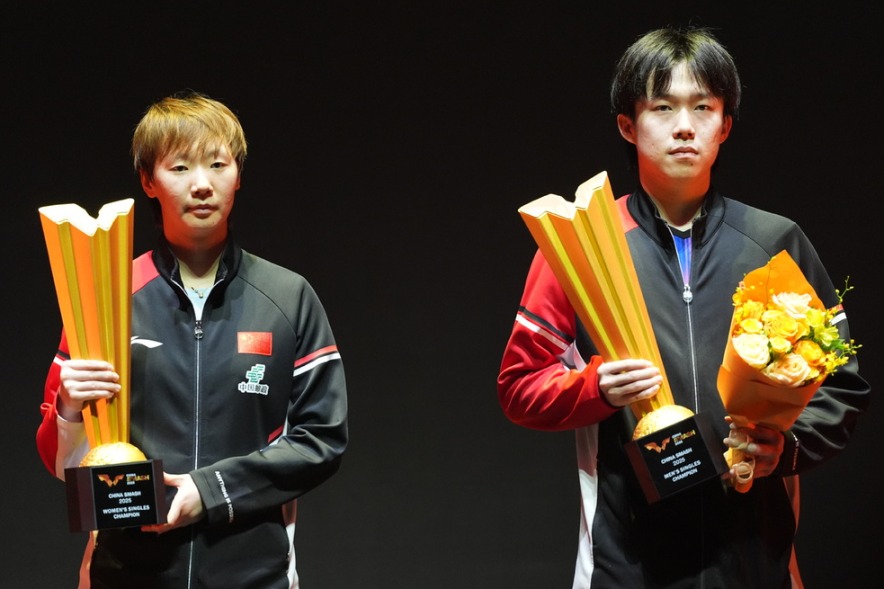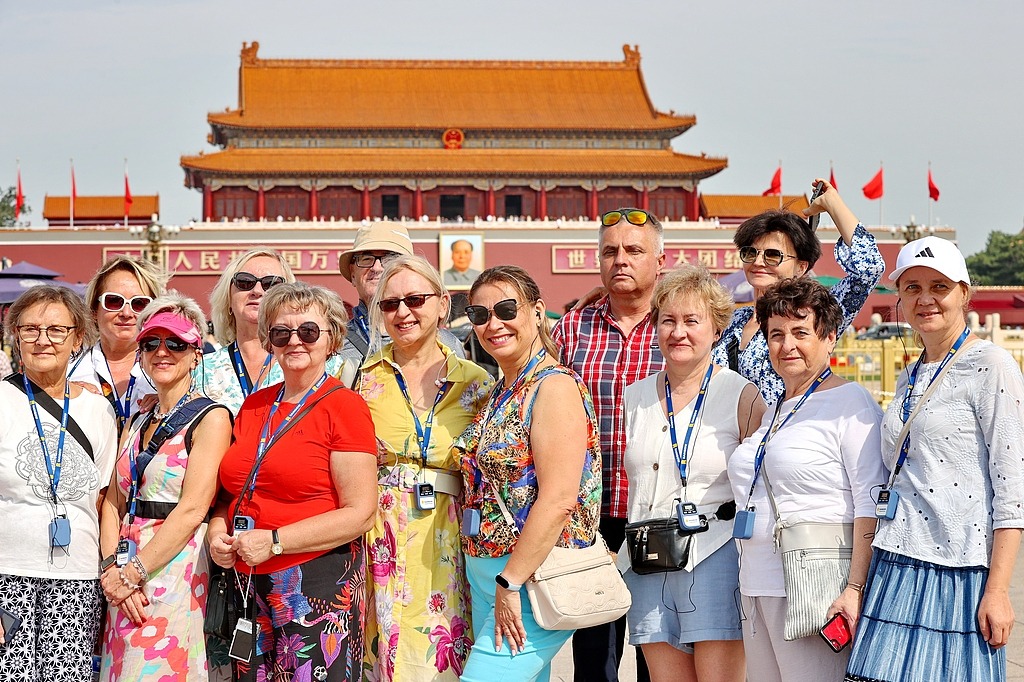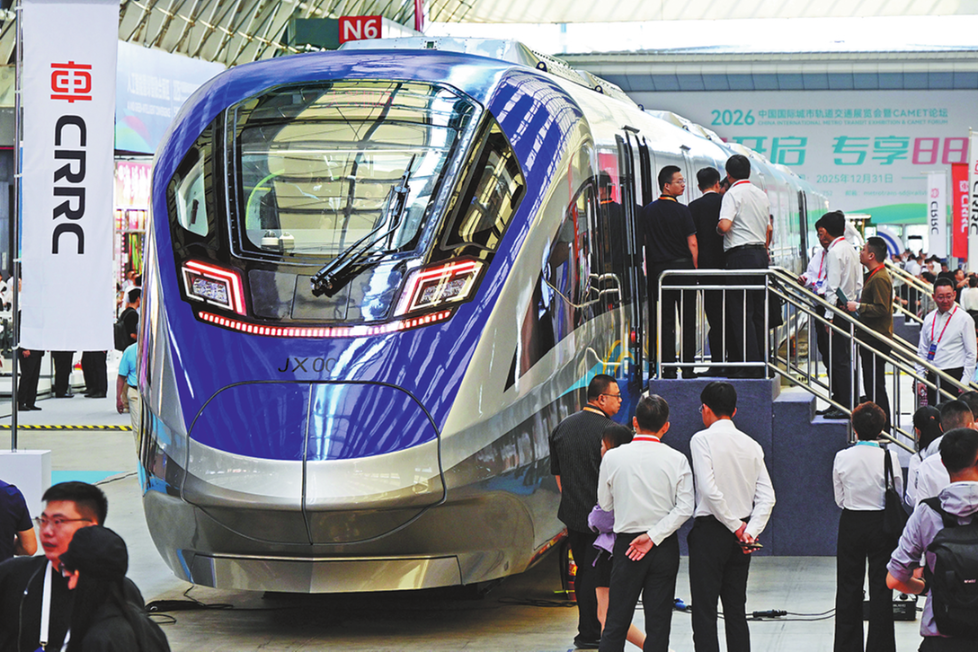Key choices await Japan


'Fundamental interests'
Yu reads something else into the timing of the Yasukuni visit.
"The date of the shrine-visit by lawmakers also showed that Japanese nationalists are not as closely aligned with Washington-Tokyo's wartime nemesis but postwar ally-as the latter might hope," he says.
"Despite all these wrongdoings, it is widely hoped that Japan can quickly come back to the right track of maintaining and developing friendly and cooperative relations with China, because it is in line with the fundamental interests of both countries and their people."
Yuzo Tanaka, a professor of economics at Ryukoku University in Kyoto, believes that it should be trade and the potential for economic cooperation that dominate the headlines for interactions between China and Japan, rather than political tensions and rivalry on the security front.
"The Japan-China economic partnership is one of the biggest in the world. Their output combined together accounts for more than a fifth of that of the globe," Tanaka says.
"The two economies are deeply complementary, with different levels of industrial and technological capability that generate business and investment on a scale not matched in any other part of the world."
He said it is regrettable to see that the geoeconomic potential arising from a closer relationship is yet to be fully realized due to political enmity and unresolved historical issues.
Yu says a shared interest in the promotion of prosperity should be recognized and that China and Japan have achieved some interdependence in the region despite being held back by politics. However, the development of a deeper economic relationship requires a climate in which political confidence can grow at the top echelons of government in both nations.
























